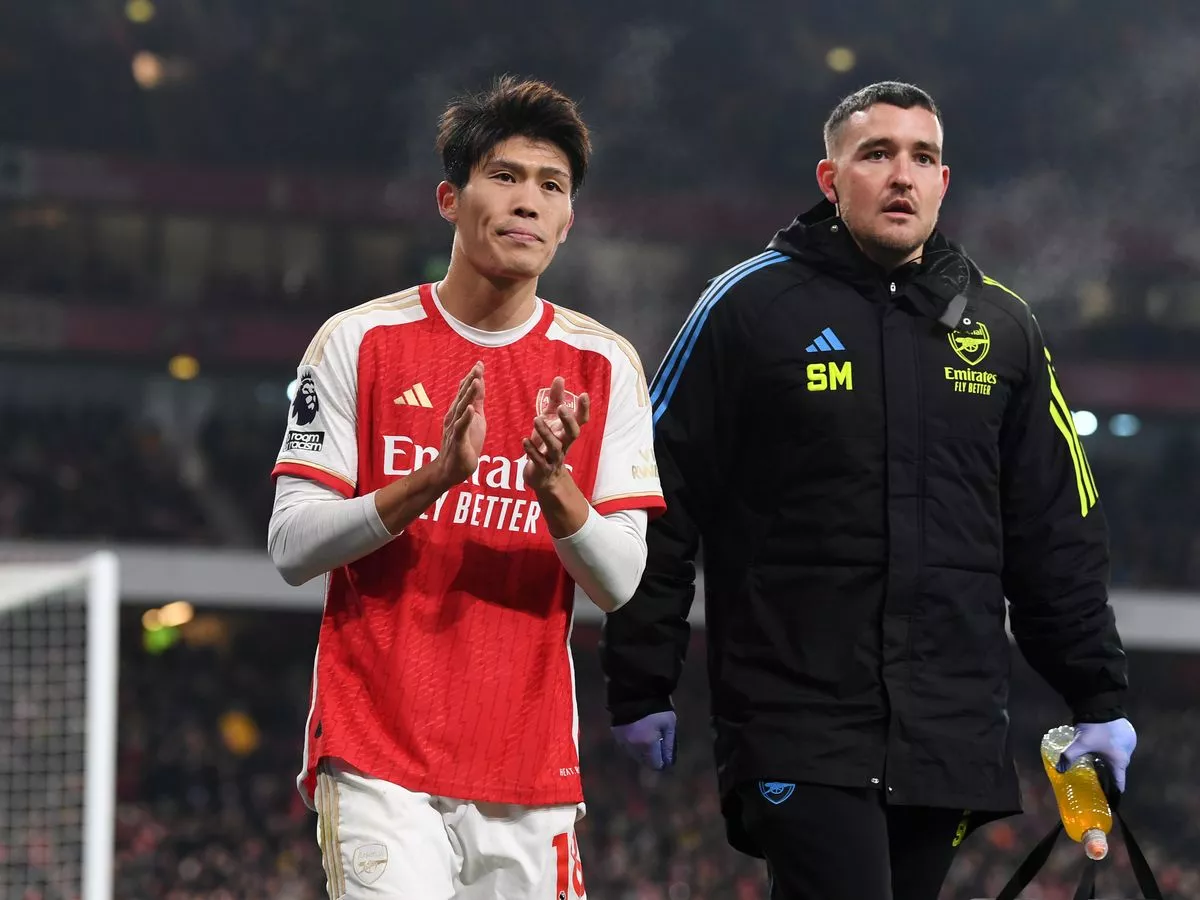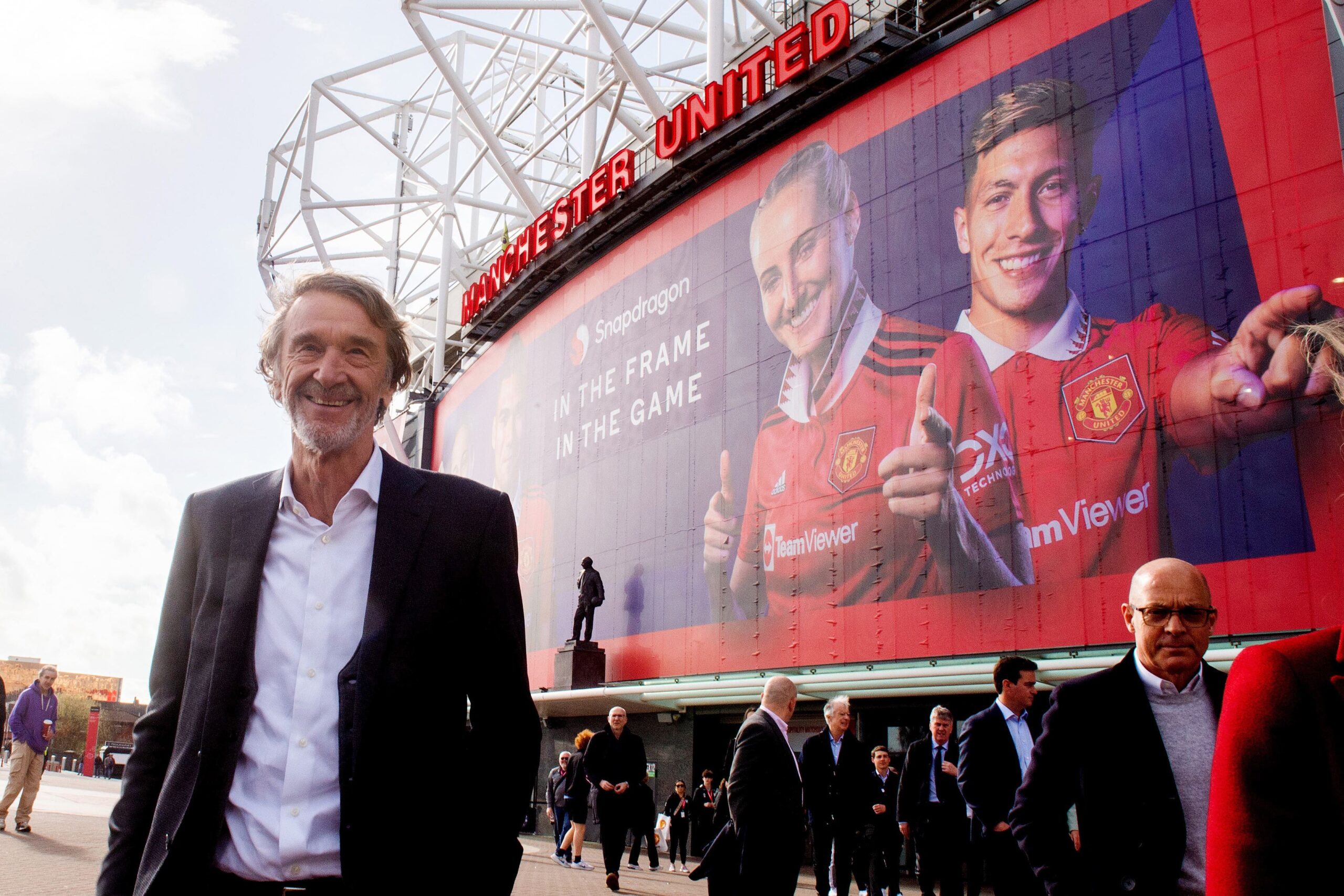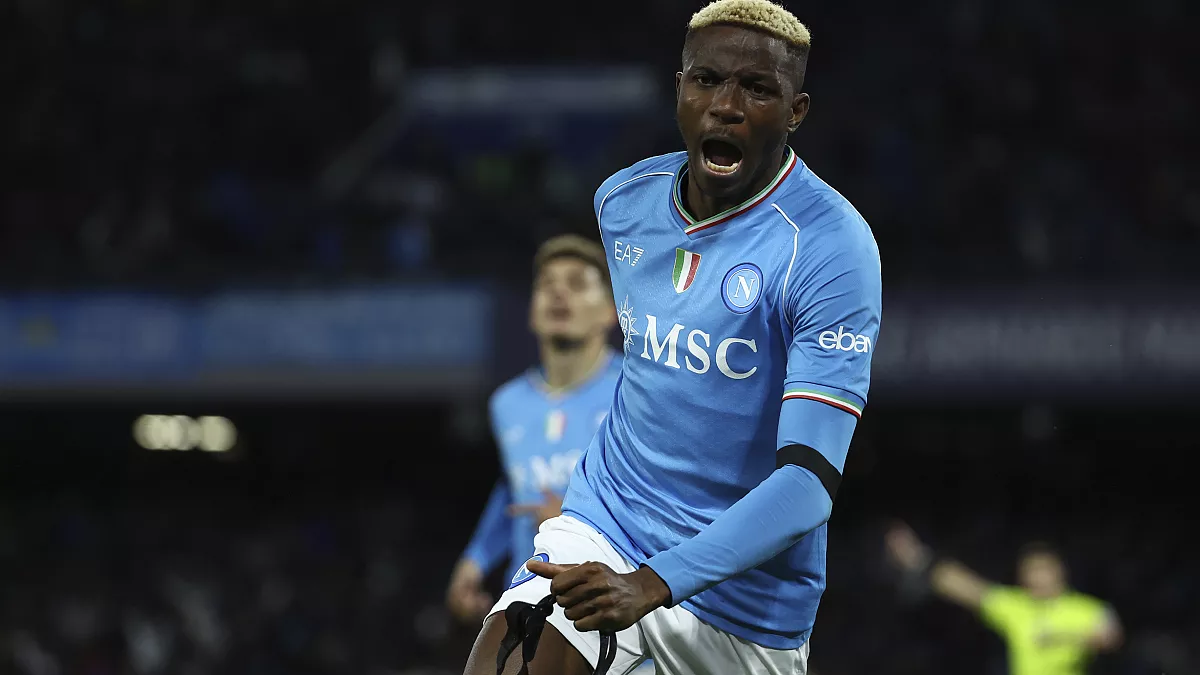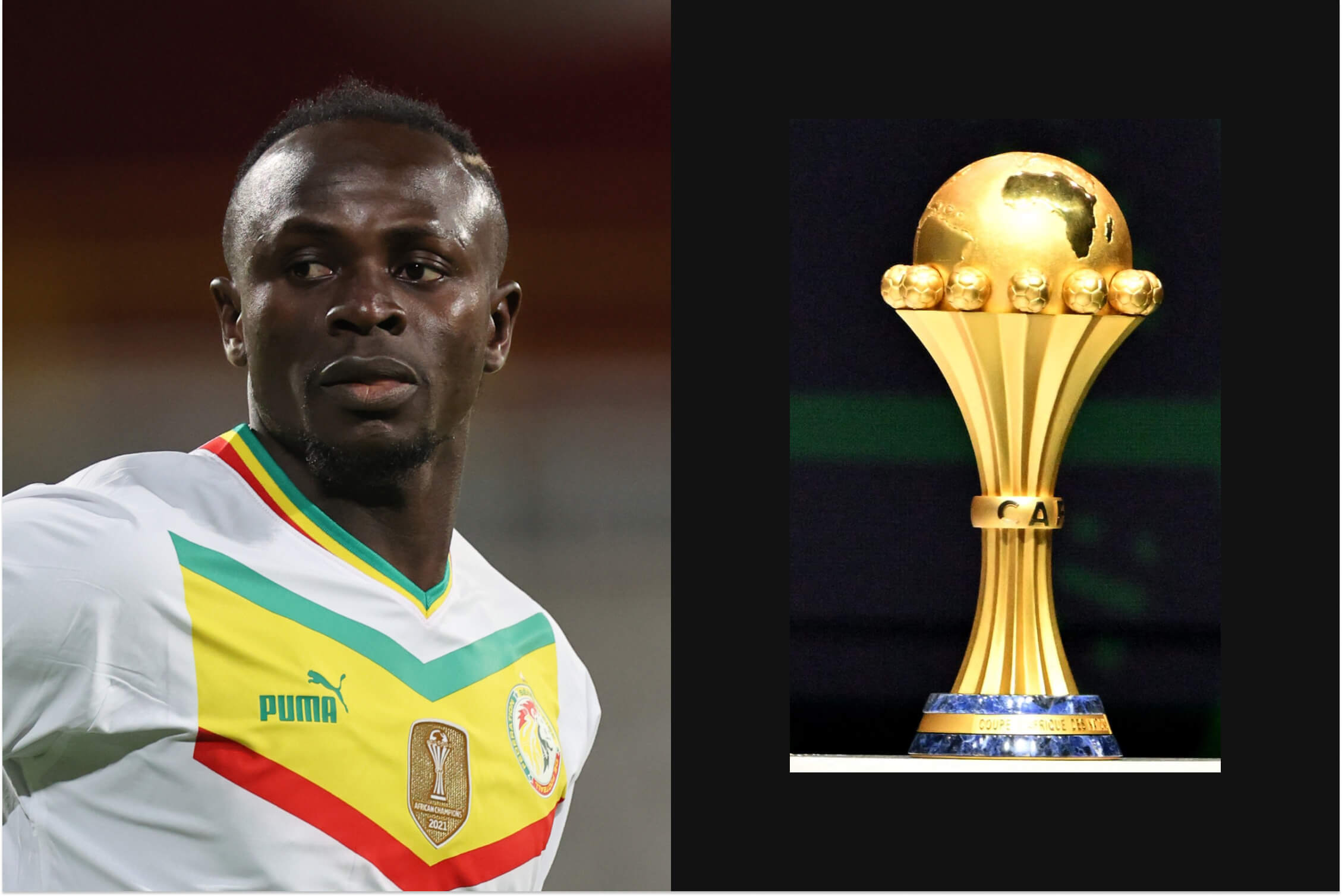The foundations of European football as it is known today have been rocked by another judgement from the European Court of Justice (ECJ), situated in Luxembourg, 23 years after the Bosman case. What consequences does it have, though?
In contrast to the dominant narrative surrounding the European Court of Justice’s (ECJ) ruling on UEFA and FIFA today, the Court emphasised that its ruling did not imply support for the Super League initiative.
The European University Institute of Florence law professor Miguel Poiares Maduro stated, “The Court confirmed that this has never been a case about Super League but rather about UEFA powers and their extent.”
The Court declared unequivocally that UEFA’s actions
The Court has made it plain that organisations having regulatory or quasi-regulatory authority will be rigorously examined in accordance with EU competition legislation, according to Pablo Ibáñez Colomo, the Jean Monnet chair in competition and regulation at the London School of Economics (LSE), who spoke with Euronews.
Colomo claims that going forward, authorities, athletic organisations, and even groups of businesses in a position like that of a regulating body will all be subject to the same stringent scrutiny.
According to Viktoria Tsvetanova, an associate in Dentons’ competition team and a competition lawyer, “the message from the Court to sport governing bodies was very clear: remember that you’re companies and you’re subject to competition law.”
In contrast to the exemptions from the antitrust framework for European sports bodies suggested in the ECJ Advocate General Athanasios Rantos’ judgement on the issue in December 2022, the ruling appears to reestablish the predominance of competition regulations.
According to Article 165 of the Treaty on Functioning of the European Union (TFEU), which speaks of the bloc’s commitment to “developing the European dimension in sport, by providing fairness and openness in competitions and cooperation between bodies responsible for sports,” Rantos discovered that sports have a special “constitutional recognition.”
Dr. Antoine Duval, senior scholar at the Asser Institute for International and European Law, states that “the Court brutally rejected his interpretation and pretty clearly,” noting that Article 165 was not even referenced once in the decision.
What does the decision actually signify, though?
Uefa requires modification.
The primary relevance of the decision, according to attorney Tsvetanova, is that organisations that oversee sport should review their regulations, especially those pertaining to event authorization, player and club sanctions, arbitration clauses, and exclusive jurisdiction.
According to Professor Colomo, “there is a narrow reading which means that, in a sense, now UEFA/FIFA will have to inevitably rethink some of their practices.” He added that other sporting organisations had developed on a pyramid structure that was monopolistic or quasi-monopolistic and set the rules for everyone participating in those sports.
The European Football Association, however, played down the significance of the decision, emphasising that it was in no way a validation or endorsement of the Super League.
UEFA claims that the decision highlights flaws in the body’s authorization framework, which were previously identified and fixed in June 2022.
The organisation added in the statement, “UEFA is confident in the robustness of its new rules, and specifically that they comply with all relevant European laws and regulations.”
The former FIFA official Maduro stated, “I’m concerned with this initial reaction that underestimates the extent of the reform they have to undertake in order to fulfil the Court’s requirements.”
“What the Court assesses in a very negative manner is the way Uefa currently exercise their regulatory and licencing powers as they are conducive to arbitrary discriminatory aspects,” Maduro said, adding that the Court recognised the importance of sports and the need for a pyramid-shaped structure with an organisation at the top tasked with regulatory and licencing powers.
A door that is open
According to Maduro, the verdict also has the primary effect of opening the door for any other group that might come up with substitute models.
“UEFA cannot make their system prevail in an arbitrary manner if these alternative models prove to be better than UEFA in distributing the income of the competition, for instance,” the speaker stated.
Bernd Reichman, CEO of the sport development company A22, revealed the features of a redesigned European Super League idea immediately following the judgement.
“Today’s great announcement is that football is no longer free. He outlined the primary innovations of the new European Super League concept, which include promotions and relegations and the option to webcast every game for free. “Free from the monopoly of UEFA, free to pursue the best ideas without fear of sanctions,” he stated.
Nevertheless, a number of football teams openly announced today that they would never participate in the idea, including AS Roma, Paris Saint-Germain, Bayern Munich, Manchester United, and Atletico Madrid.
Even though there are doubts regarding the Super League, the decision appears to be a turning point for the potential establishment of substitute competitions.
Colomo stated that the decision would cause “a natural inclination on the part of some actors within the pyramid to challenge some of the rules,” adding, “I think that the bargaining power has shifted to some extent.”
According to Colomo, this will go beyond football since it will encourage people to question certain procedures if they feel that a company that is in a position similar to FIFA, or any regulatory agency in general, is violating their rights.










